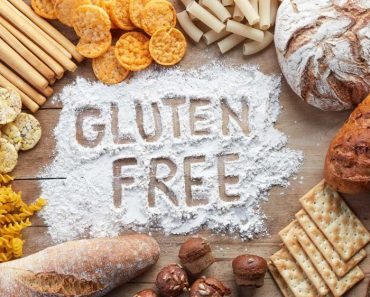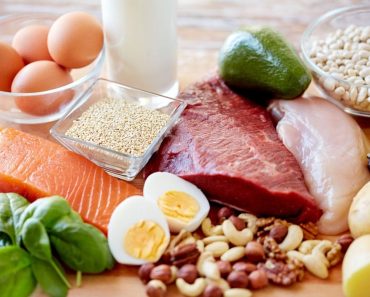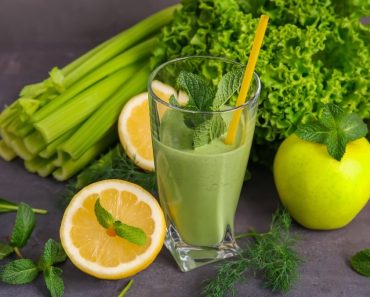In today’s health-conscious society, the significance of consuming clean fruits and vegetables cannot be overstated. These natural foods are essential for a balanced diet, providing vital nutrients, vitamins, and minerals necessary for overall health and well-being. However, the journey from farm to table can expose produce to various contaminants, making it crucial for consumers to ensure their fruits and vegetables are clean. This article explores the importance of clean produce, potential risks of contamination, and practical steps for maintaining food safety.
Nutritional Benefits of Fruits and Vegetables
Fruits and vegetables are powerhouses of nutrition. They are rich in essential nutrients such as vitamins A, C, and E, potassium, dietary fiber, and folic acid. These nutrients play critical roles in maintaining bodily functions, including immune system support, skin health, digestive health, and reducing the risk of chronic diseases like heart disease, diabetes, and certain cancers. For instance, the antioxidants found in berries help combat oxidative stress, while leafy greens like spinach are excellent sources of iron and calcium.
Risks of Contamination
Despite their health benefits, fruits and vegetables can pose health risks if contaminated with harmful substances. Contamination can occur at various stages of production, from growing and harvesting to processing and distribution. Common contaminants include pesticides, bacteria, and pathogens, which can lead to foodborne illnesses.
Pesticides: Farmers often use pesticides to protect crops from pests and diseases. While these chemicals help increase yield and ensure crop quality, residues can remain on produce. Long-term exposure to pesticide residues has been linked to health issues, including hormonal imbalances, neurological problems, and increased cancer risk.
Bacterial Contamination: Bacteria such as E. coli, Salmonella, and Listeria can contaminate fruits and vegetables through contact with soil, water, and animal manure. These pathogens can cause severe foodborne illnesses, leading to symptoms like vomiting, diarrhea, and abdominal pain. In severe cases, infections can be life-threatening, especially for vulnerable populations like children, the elderly, and individuals with weakened immune systems.
Pathogens: Contaminated irrigation water, unsanitary handling, and improper storage can introduce pathogens to produce. For example, Listeria monocytogenes, often found in soil and water, can contaminate leafy greens, resulting in serious infections.

Ensuring Clean Fruits and Vegetables
To minimize the risks of contamination and enjoy the full benefits of fruits and vegetables, it is essential to follow proper cleaning and handling practices. Here are some practical tips for ensuring clean produce:
Rinse Thoroughly: Before eating or cooking, rinse fruits and vegetables under running water. Use a brush to scrub firm produce like melons and cucumbers to remove dirt and microorganisms from the surface. Avoid using soap or detergents, as they can leave residues that are not safe for consumption.
Peel and Trim: For produce with thick skins or rinds, peeling can help reduce exposure to pesticides and bacteria. Trimming outer leaves of leafy greens and cutting away damaged or bruised areas can also help minimize contaminants.
Use a Produce Wash: Commercial produce washes are available and can be effective in removing residues. Alternatively, a homemade solution of vinegar and water (one part vinegar to three parts water) can be used to soak fruits and vegetables for a few minutes before rinsing.
Dry with a Clean Cloth: After washing, dry produce with a clean cloth or paper towel to remove any remaining bacteria and moisture, which can promote bacterial growth.
Proper Storage: Store fruits and vegetables at appropriate temperatures to maintain freshness and prevent spoilage. Refrigerate perishable items like berries, leafy greens, and pre-cut produce. Keep ethylene-producing fruits (e.g., apples, bananas) separate from ethylene-sensitive vegetables (e.g., lettuce, carrots) to prevent premature ripening and spoilage.
Buy Organic: When possible, choose organic produce, which is grown without synthetic pesticides and fertilizers. Organic farming practices promote biodiversity and soil health, reducing the likelihood of contamination. However, organic produce should still be washed thoroughly.
Support Local Farmers: Purchasing from local farmers’ markets can reduce the time produce spends in transit, lowering the risk of contamination. Local produce is often fresher and less likely to have been treated with preservatives.
Community and Policy Efforts
Beyond individual actions, community and policy initiatives play a crucial role in ensuring the safety of fruits and vegetables. Food safety regulations and standards set by governmental agencies like the Food and Drug Administration (FDA) and the Environmental Protection Agency (EPA) help monitor and control the use of pesticides and the safety of produce. Regular inspections, residue testing, and enforcement of safety protocols are essential for protecting public health.
Educational campaigns and programs that raise awareness about the importance of washing produce and safe handling practices can empower consumers to make informed decisions. Schools, community centers, and public health organizations can provide resources and workshops to educate people about food safety.
The importance of clean fruits and vegetables in our diet cannot be overstated. They are vital for maintaining good health, providing essential nutrients, and preventing chronic diseases. However, the risks of contamination from pesticides, bacteria, and pathogens highlight the need for proper cleaning and handling practices. By following simple steps to ensure produce is clean, supporting organic and local farming, and advocating for strong food safety policies, we can enjoy the full benefits of fruits and vegetables while protecting our health. Clean eating begins with clean produce, making it a fundamental aspect of a healthy lifestyle.






